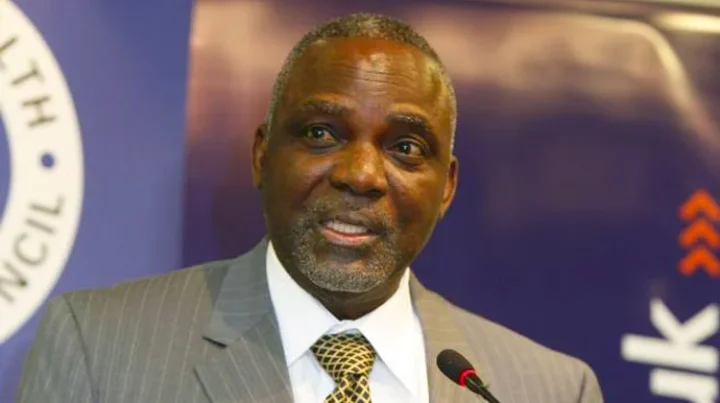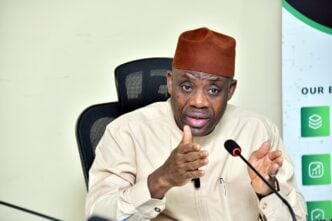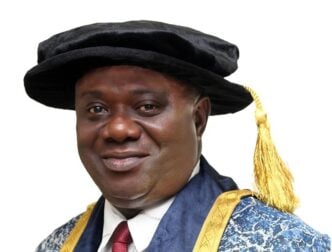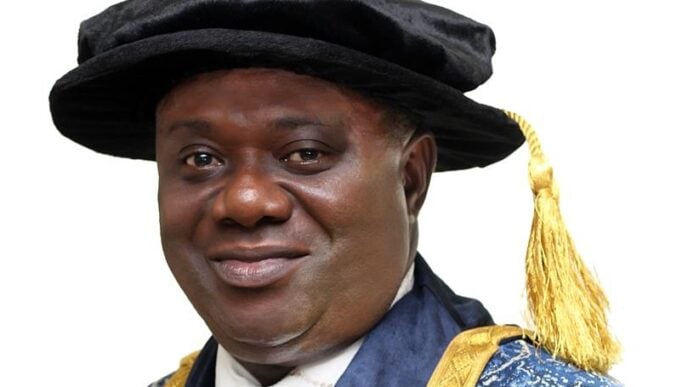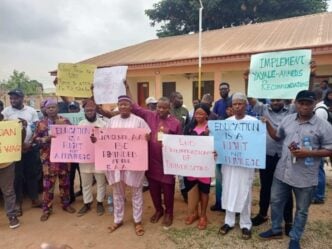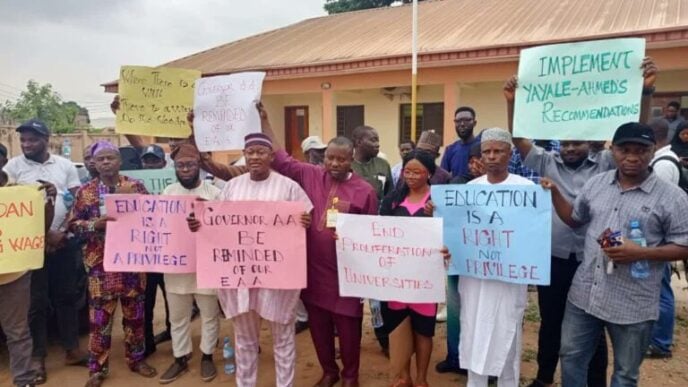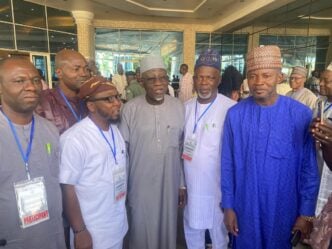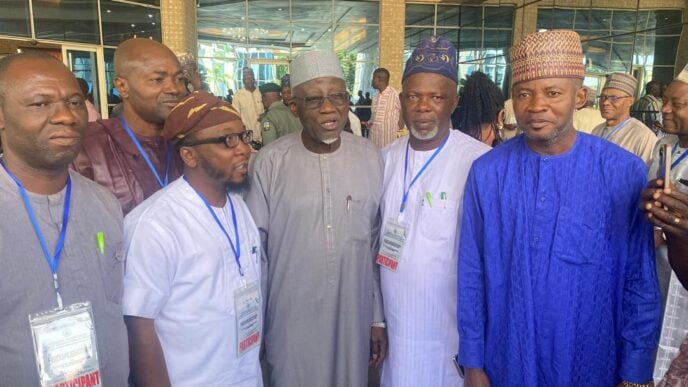Barth Nnaji, former minister of power, has urged states to invest more deliberately in technology-driven education.
The multihyphenate said Nigeria must provide a computer for every public school teacher, starting from primary education.
Nnaji, an engineer and entrepreneur, spoke at a public lecture organised by Independent Newspapers to commemorate the 70th anniversary of free Universal Primary Education (UPE) in Nigeria.
The event was held on Thursday at Eko Hotels in Victoria Island, Lagos.
Advertisement
Nnaji stressed that Nigeria must embrace artificial intelligence to keep pace with global educational and technological advancements.
“I repeat my call for a computer for every public-school teacher in Nigeria. AI is the way the world is going, and Nigeria must not be left behind. The journey should begin from primary school,” Nnaji said.
Nnaji recalled making a similar statement during the Fafunwa Memorial Lecture in September, where he emphasised the need to integrate generative AI into Nigeria’s educational system.
Advertisement
He lamented that despite discussions about 21st-century learning, many teachers in rural communities still lack basic computer literacy, making it challenging to prepare pupils for the digital age.
While reflecting on history, Nnaji praised the foresight of Chief Obafemi Awolowo, whose administration launched the Free Universal Primary Education scheme in the western region in 1955, calling it “one of the most important developments in Nigeria’s history.”
He said the policy sparked massive school enrolment in the west and later inspired similar initiatives in the east and north, creating healthy regional competition that fueled educational progress across the nation.
“Education represents progress,” Nnaji stated.
Advertisement
“The most fundamental difference between developed and developing nations is the level and quality of education. Our early nationalists understood this truth.”
Nnaji reflected on his childhood, recounting how his extended family’s support helped him access education despite financial hardship.
“When I left for the United States in 1977 to study physics, mathematics, and engineering, I excelled because the education I received in public schools was solid and competitive,” he said. “Can the same be said today?”
As Nigeria marks seven decades since the launch of free primary education, Nnaji urged the nation to reignite that spirit of visionary leadership, prioritise teacher empowerment, and embrace the digital revolution to prepare the next generation for the future.
Advertisement
